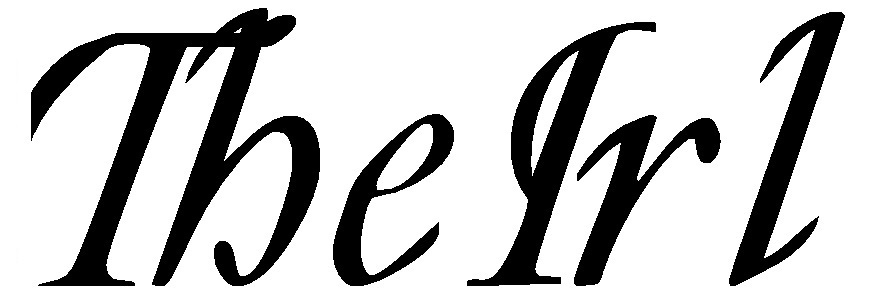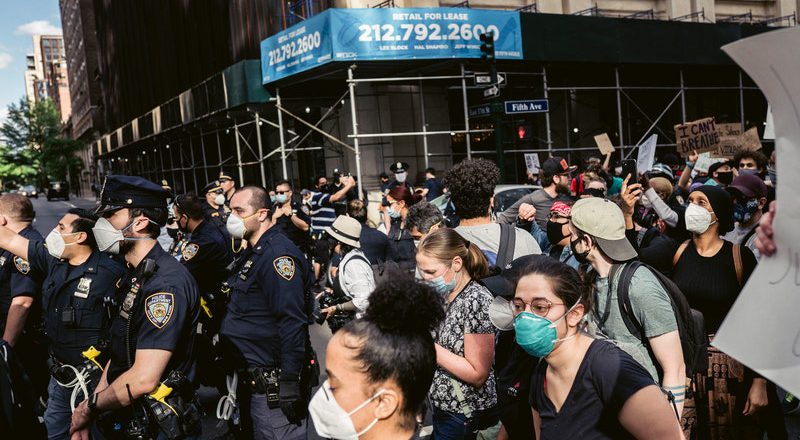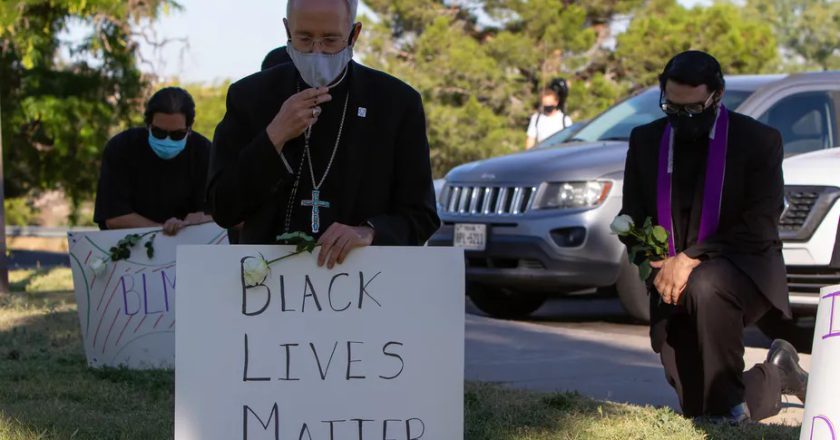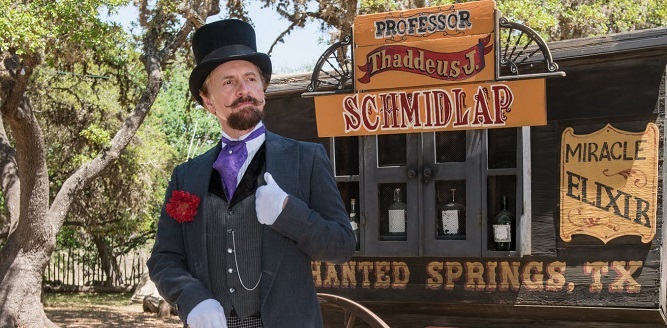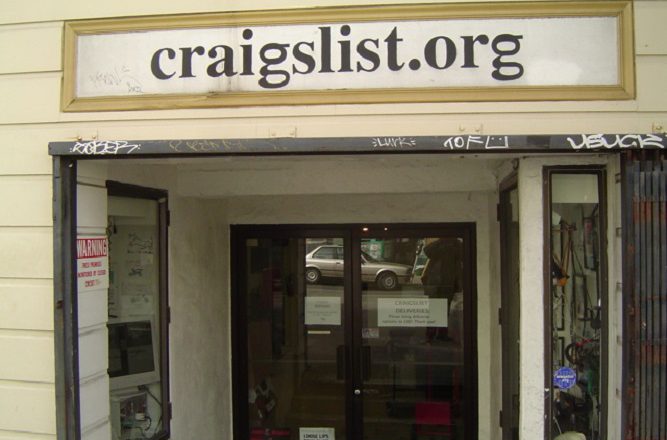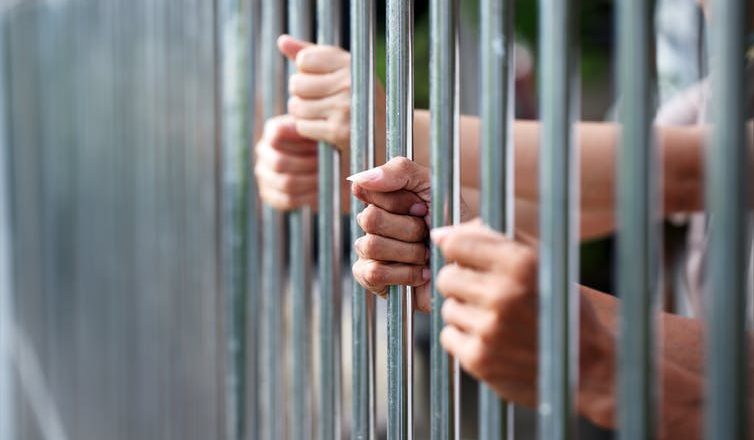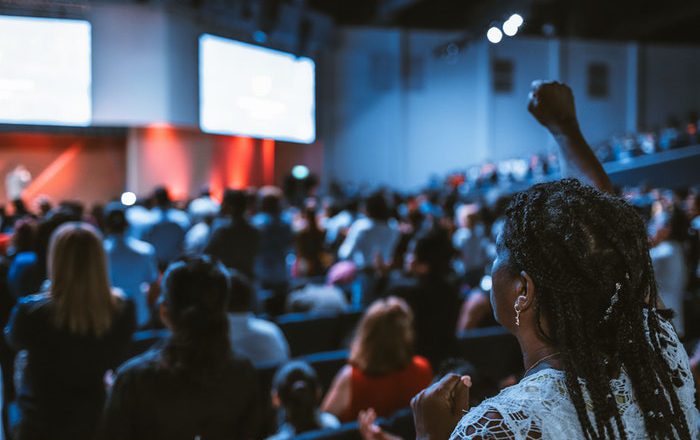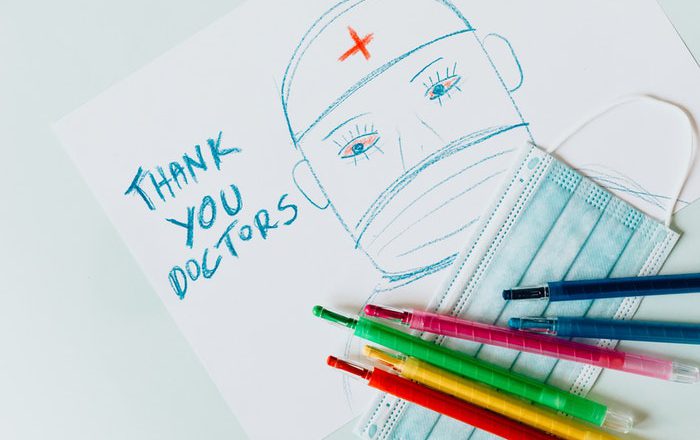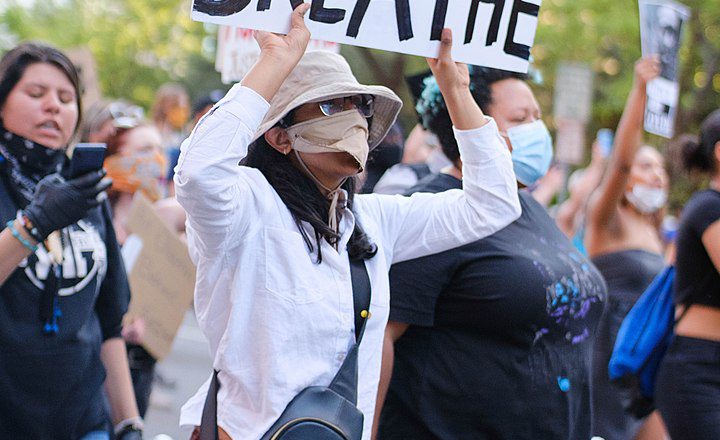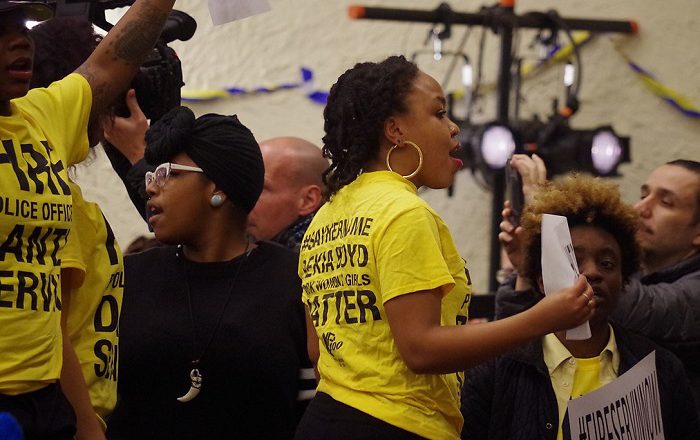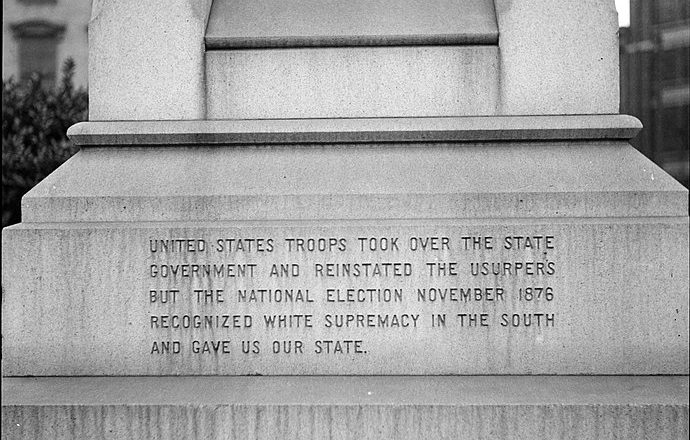Police unions are one of the biggest obstacles to transforming policing
Protesters and community organizers are increasingly calling for defunding and disbanding the police as a way to end police violence.
Advocates argue that moderate reforms like enhanced training and greater community oversight have failed to curb police violence and misconduct.
But there’s a major, and usually insurmountable, obstacle to reform: police unions. Research suggests that these unions play a critical role in thwarting the transformation of police departments.
Union officials like John McNesby in Philadelphia, where I live and work as a scholar of law and the criminal justice system, do not deny this. Over the course of his 12-year career as president of the local chapter of the Fraternal Order of Police, he has derided the city’s civilian review board and predicted in 2010 th...
